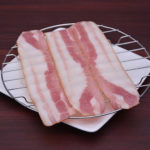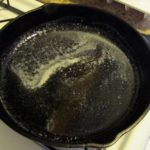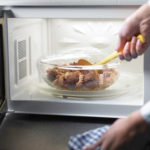Reasons for Cracks
There are several reasons why your cake may crack after baking:
– Using a small pan but a thick layer of batter.
– Baking at a high temperature, causing thermal shock to the cake.
– Excessive coating, flour, or leavening agent; incorrect flour proportion.
– Too much filling, upsetting the balance between batter and filling.
– Insufficient moisture; insufficient proofing time, resulting in a dry cake.
To avoid these issues, pay close attention to your ingredients and baking techniques.
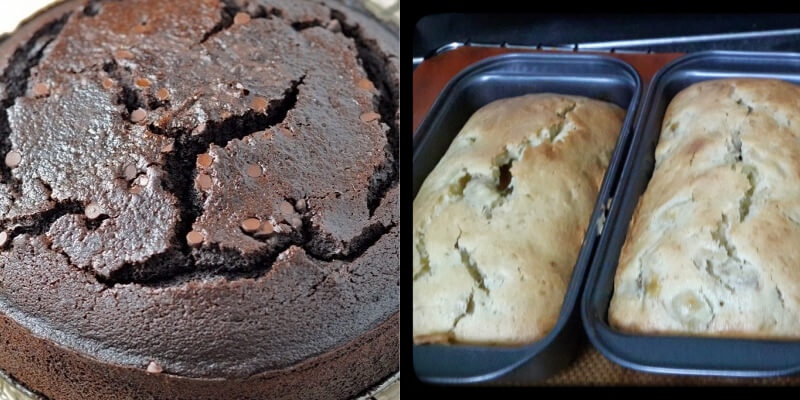
Ingredients
– Eggs: Always use eggs at room temperature. Separate the yolks and whites, whisking them separately before gently combining them. Take care not to introduce air bubbles during this process.
– Precisely measure the amount of cake flour, ensuring that cornstarch does not exceed one-third of the total flour quantity.
– Butter: Allow the butter to reach room temperature or gently warm it until softened before incorporating it into the batter. Do not use cold butter.
– Opt for white granulated sugar or powdered sugar for the best results.
– Fruit fillings: While fruit fillings are popular, they tend to release moisture during baking, which can lead to cracks. To counter this, reduce the amount of liquid in your batter.
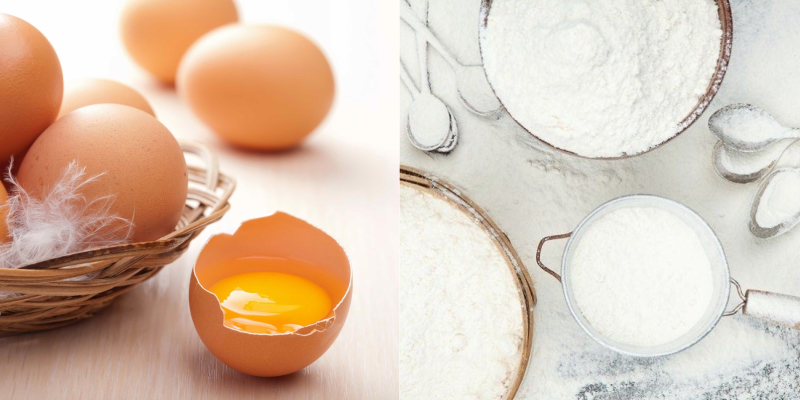
Techniques
– Coating: A light coating of flour is necessary to prevent your hands, rolling pin, or work surface from sticking to the dough. However, use no more than 10g of flour per batch of cake.
– Oven: Regardless of the type of oven you use, always preheat it before placing your cake inside.
– Placement: Position your cake in the center of the oven to ensure even heating. The corners of the oven may not provide sufficient heat.
– Timing: Take note of the baking time and refrain from opening the oven until three-quarters of the way through the baking process.
– Technique: Different cakes require varying baking times. For cakes that bake for longer than 20 minutes, rotate the pan after two-thirds of the baking time has elapsed.
– Cooling: It is crucial to allow cakes with frosting or decorations to cool completely before adding any toppings. Otherwise, cracks may appear.
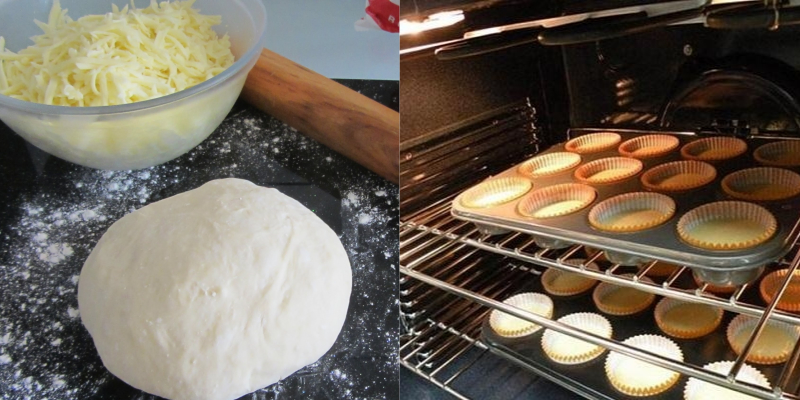
We hope that with this information, you can identify and prevent cracks in your cakes. Happy baking, and may your cakes turn out beautiful and delicious every time!


























